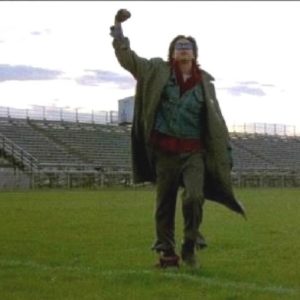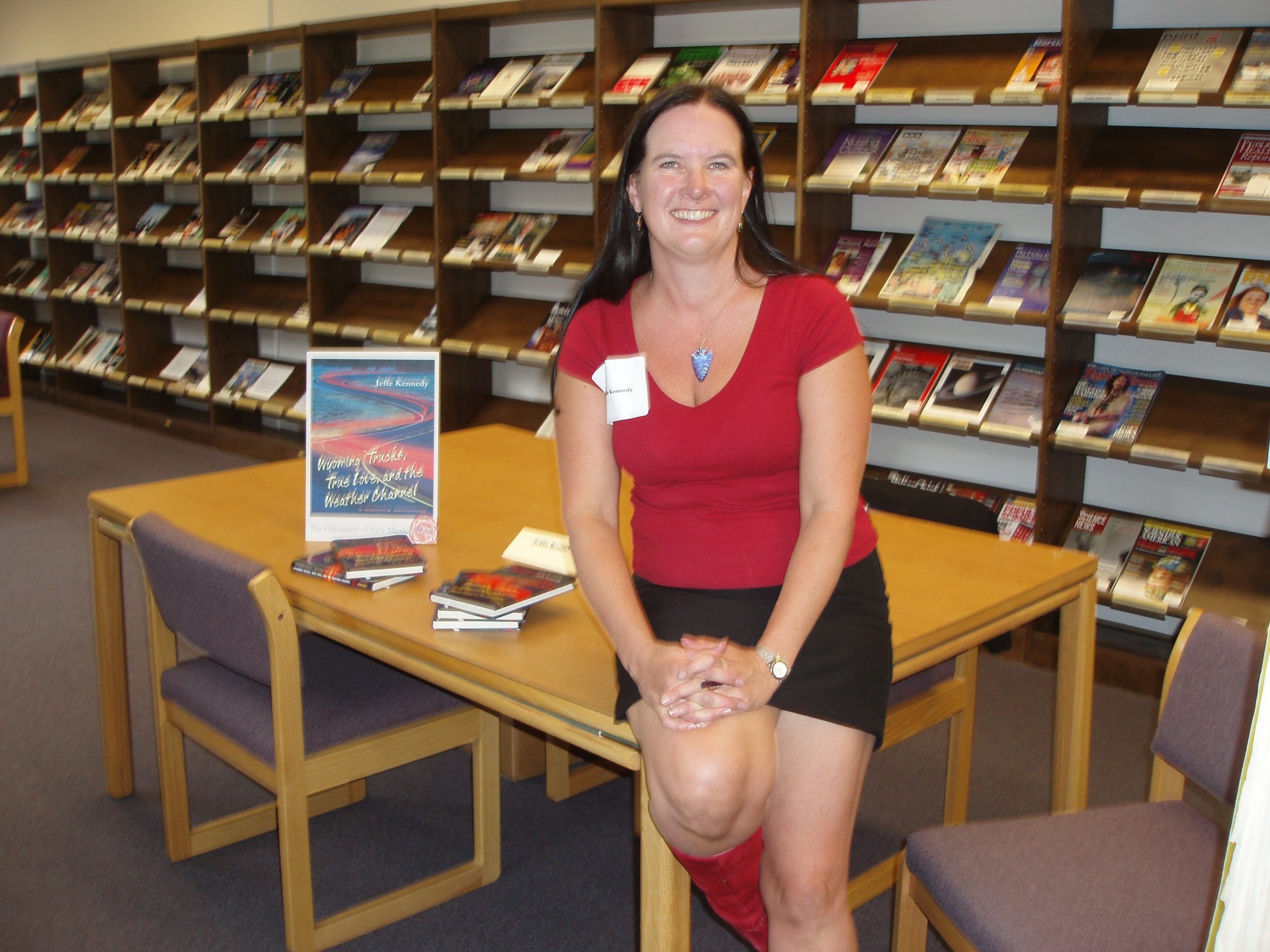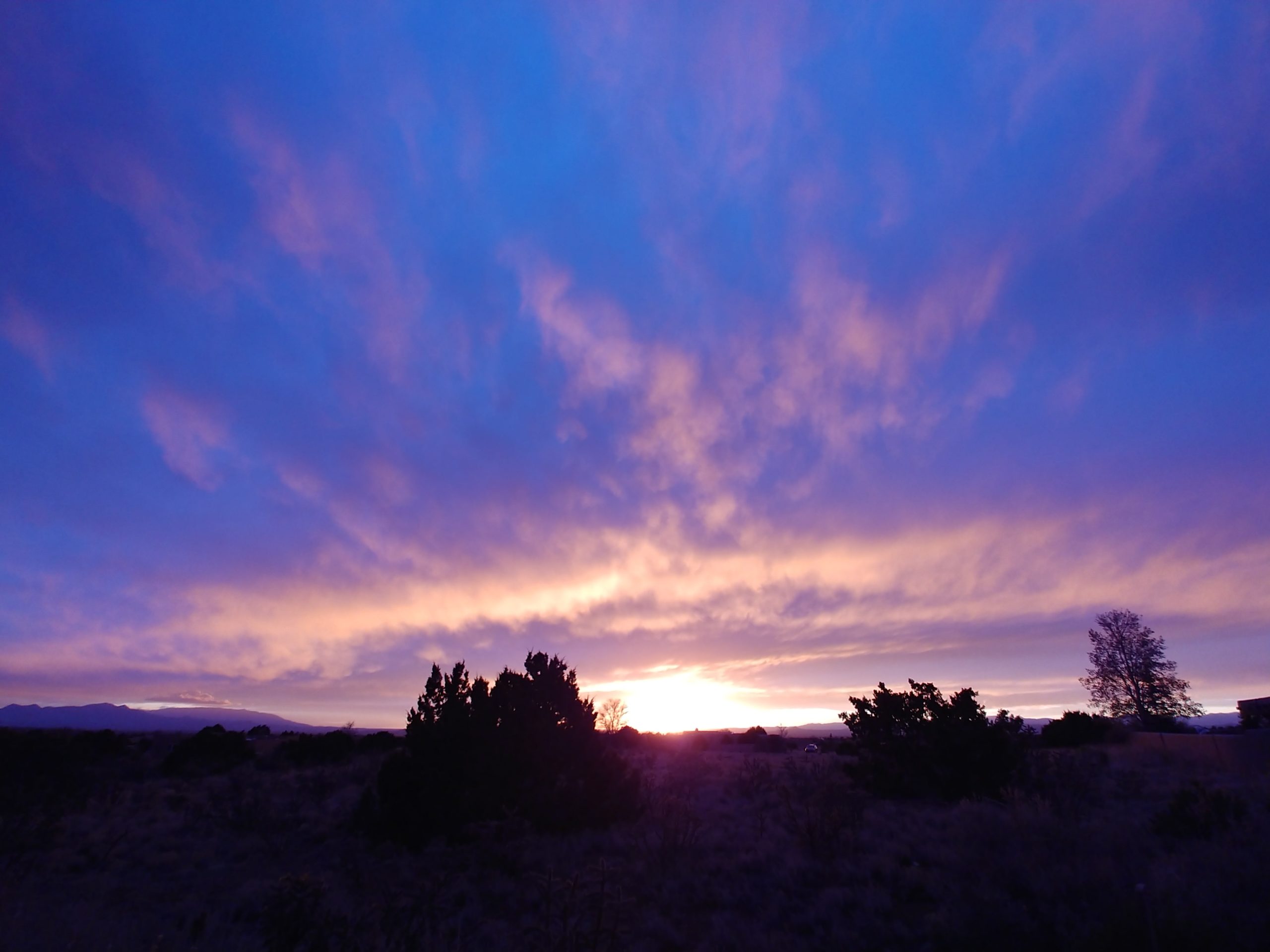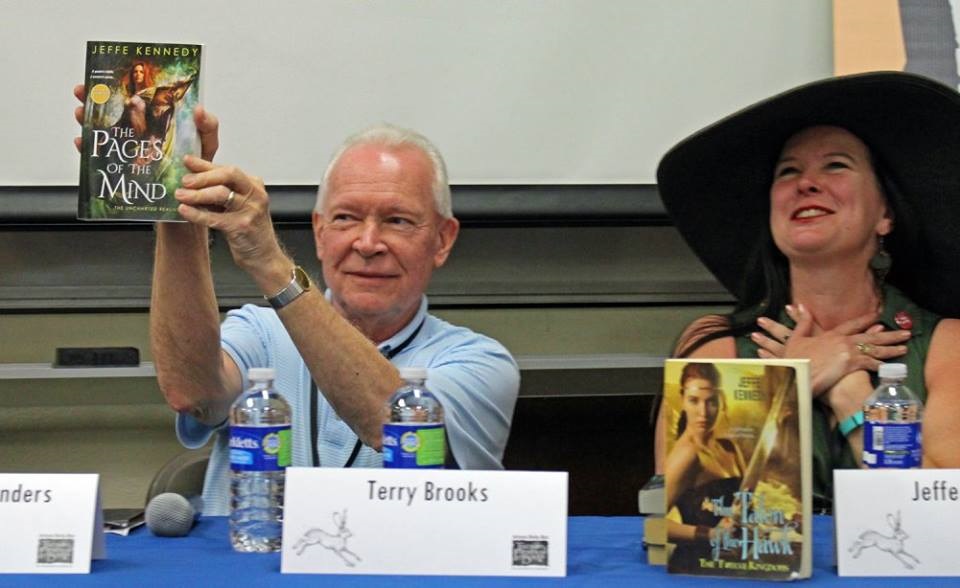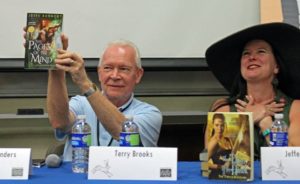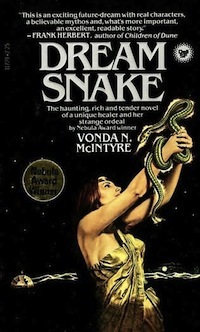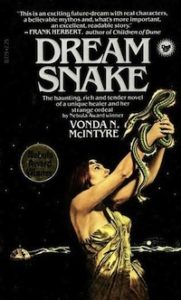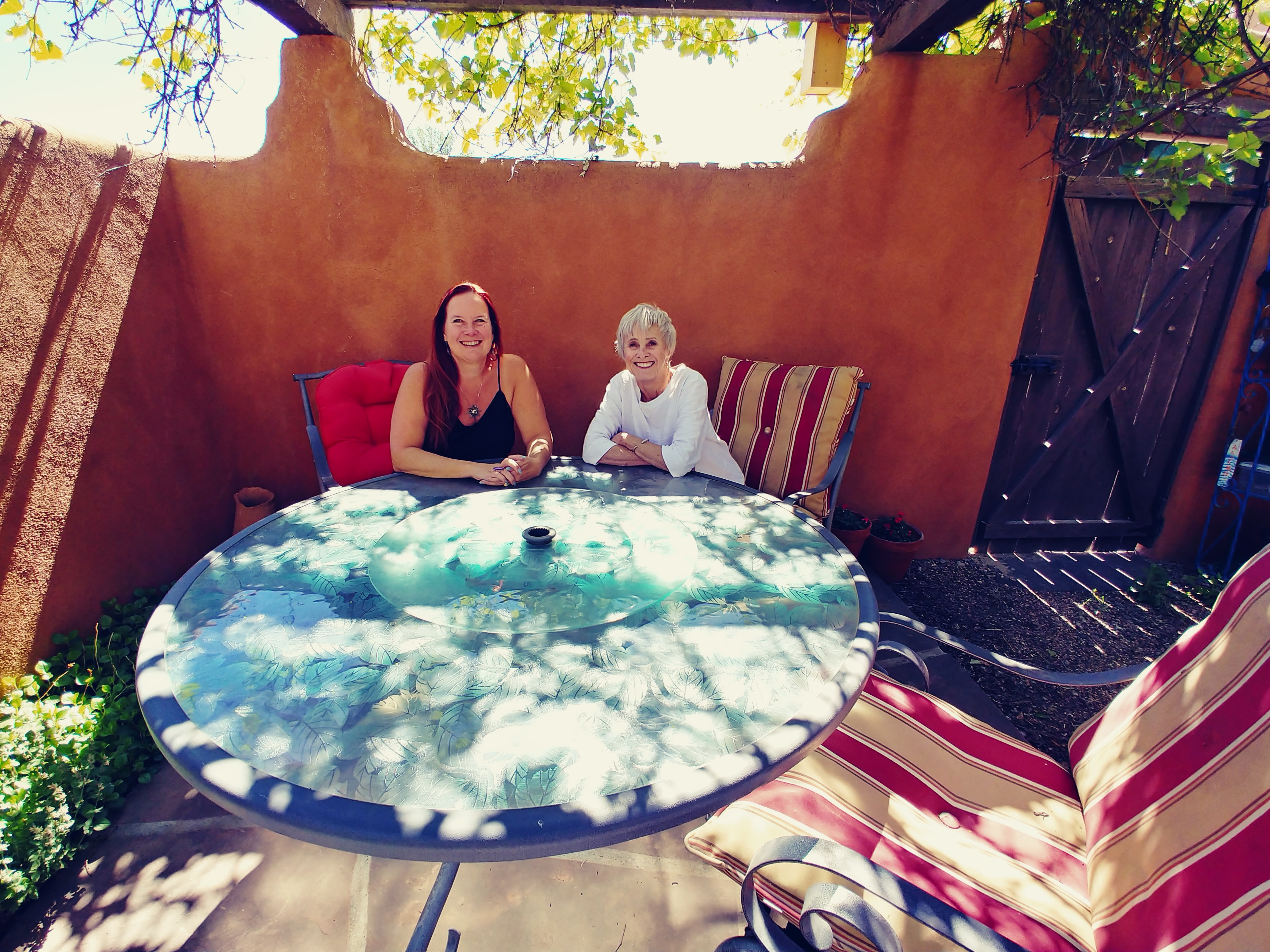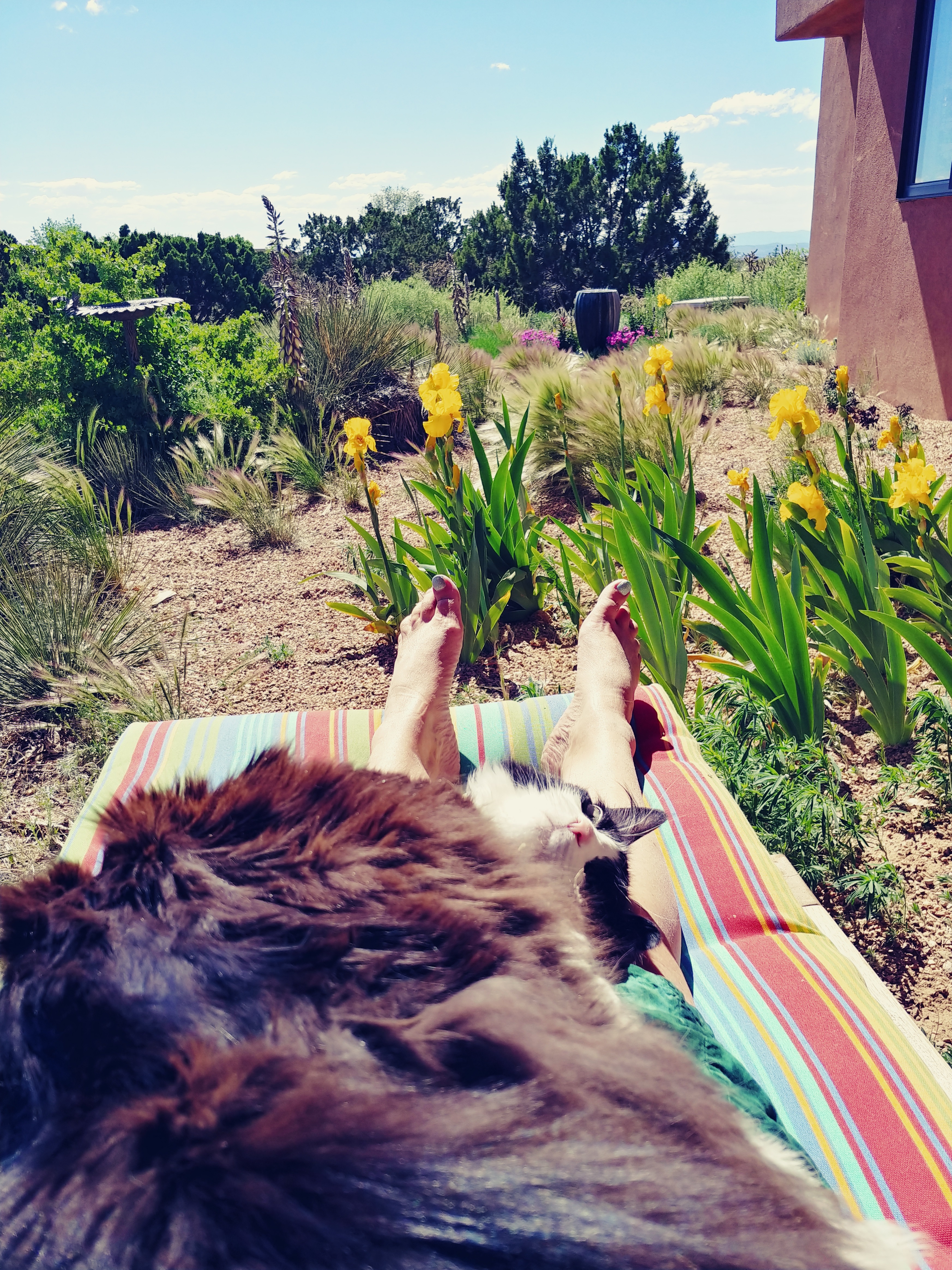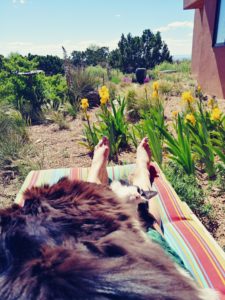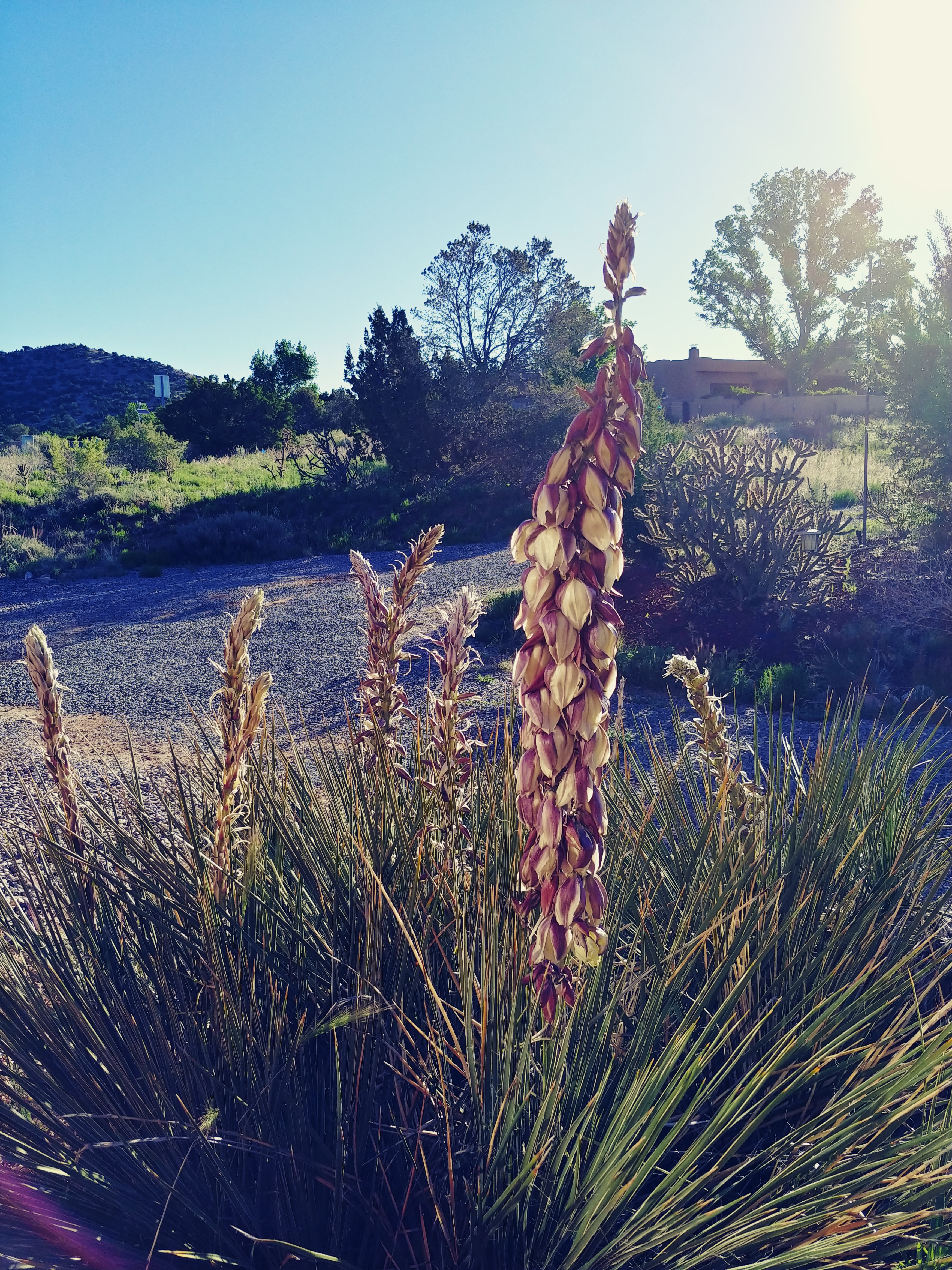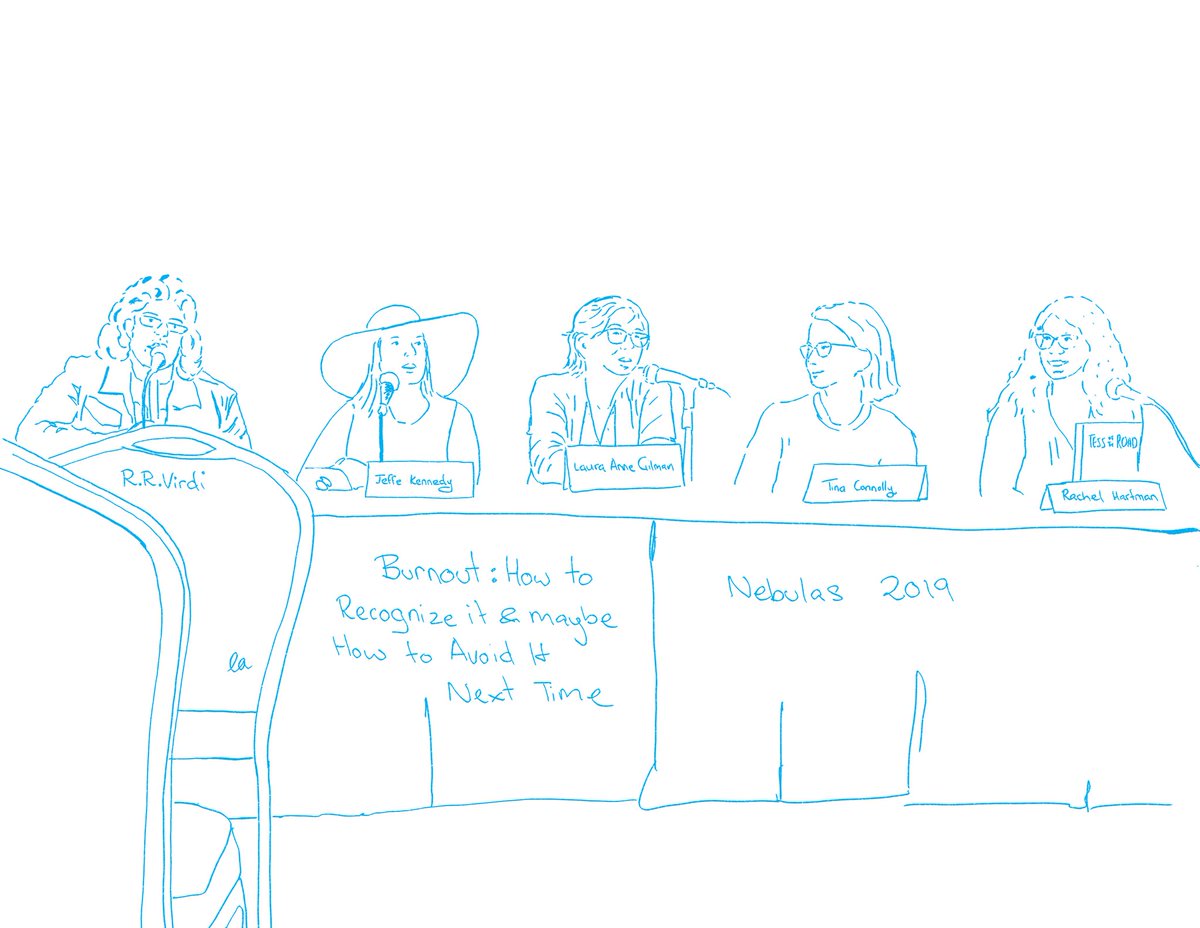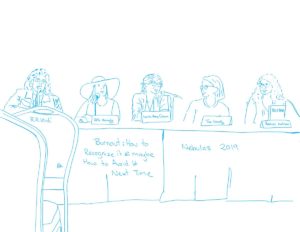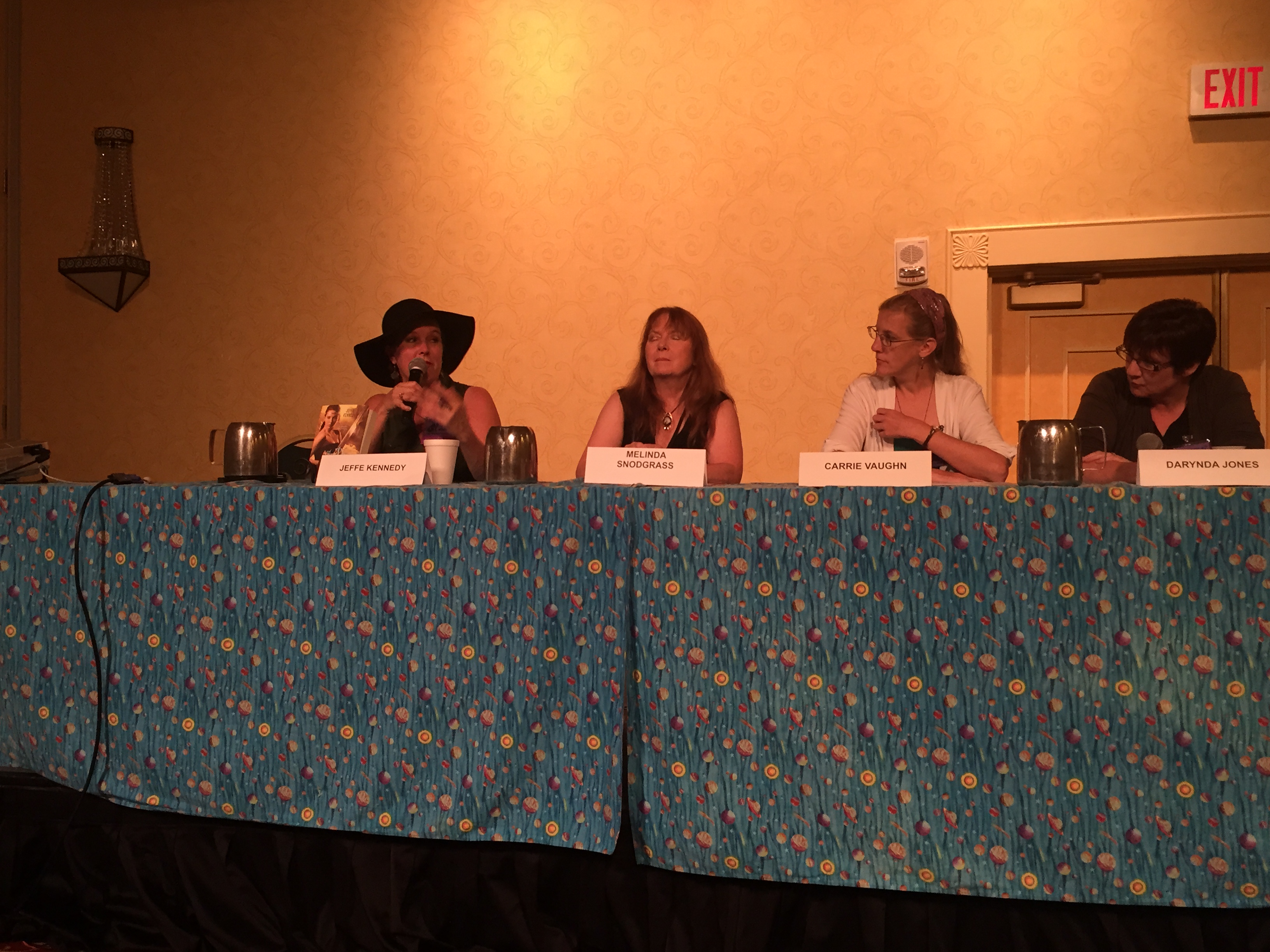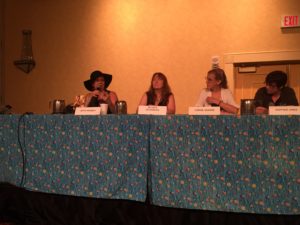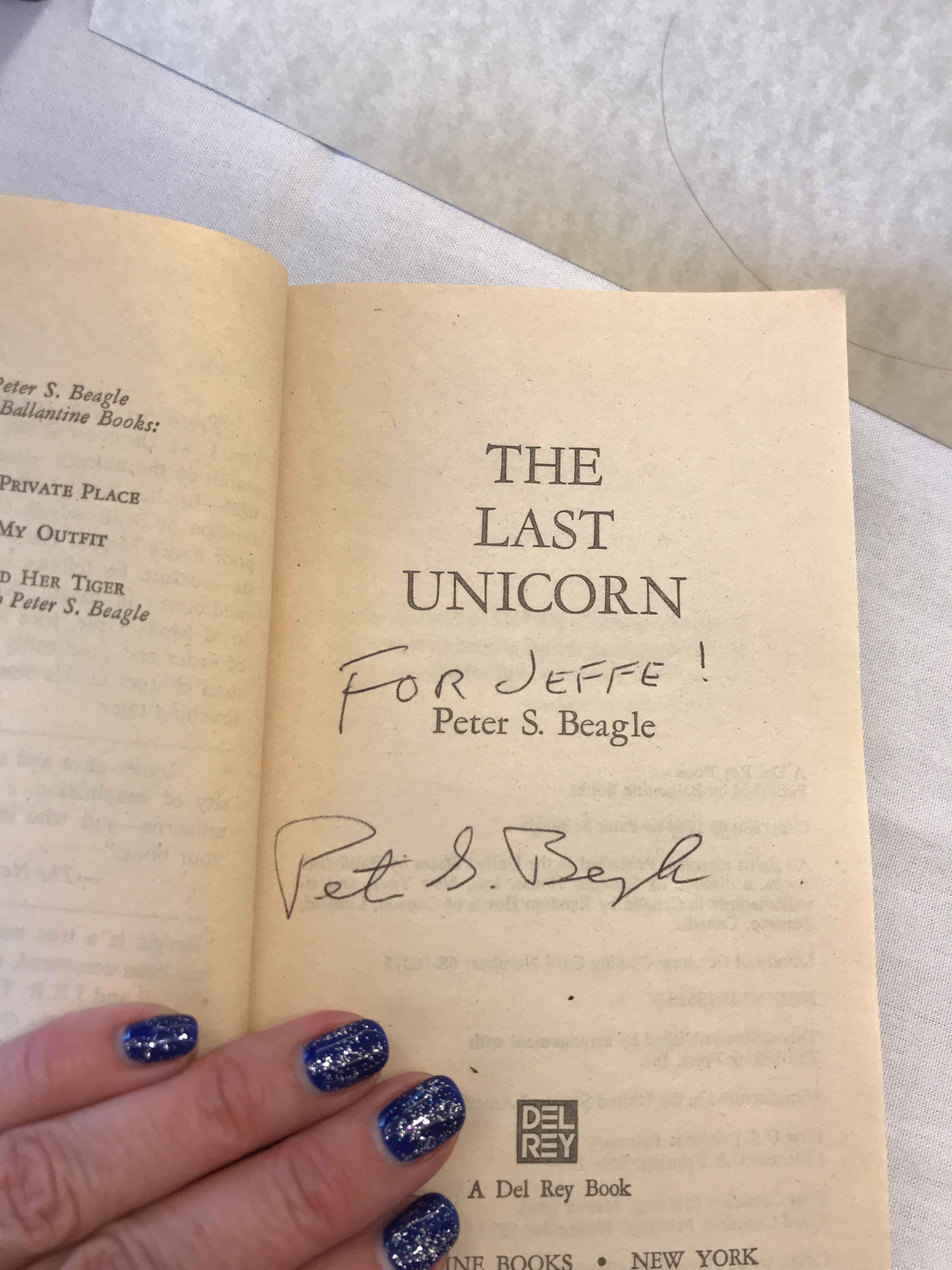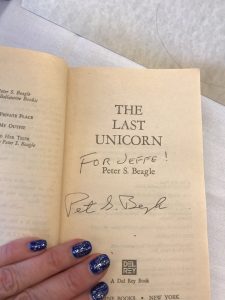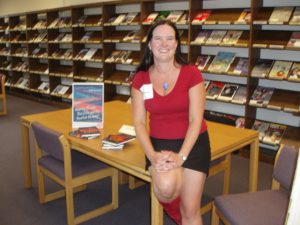
This is a photo from one of my very first author events, for my first book, which was an essay collection: Wyoming Trucks, True Love and the Weather Channel. I was so excited to be there, all shiny and wet behind the ears. I had a lot of ideas then about how my writing career would be – and most of them were wrong. Not because I was ignorant or idealistic (though I was), but because life takes its twists and turns.
I can say, however, that though many people told me I’d “made it,” I hadn’t – because there’s no such thing. And, though I thought my days of facing rejection and defeat were over, that wasn’t true either. On the other hand, many amazing things have happened that I could never have predicted.
I saw a meme on Instagram yesterday shared by my lovely friend Megan Mulry. It’s the Gen X reaction to the COVID-19 #stayhome initiatives.
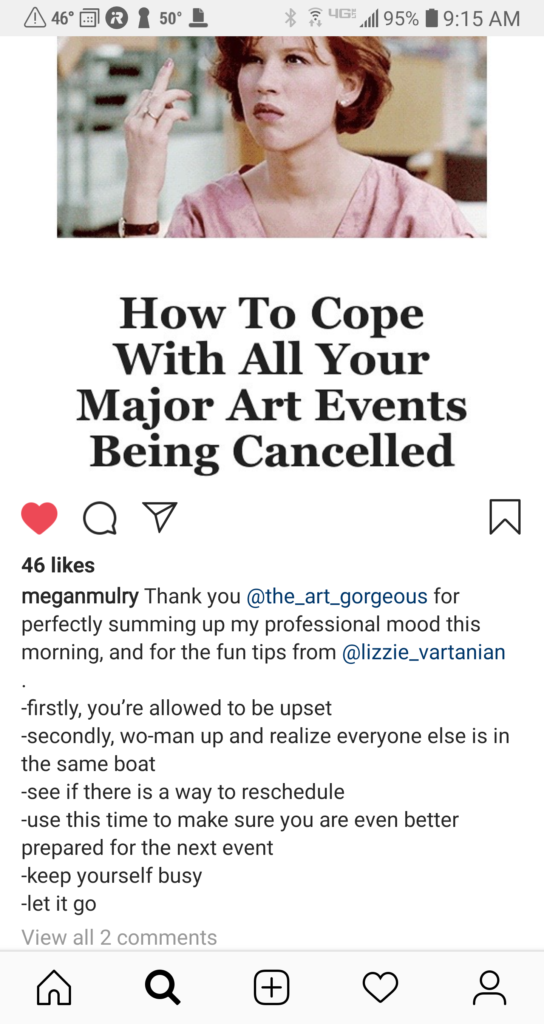
It helped me to see this, because I’ve been feeling terribly disappointed about missing out on some events of my own – and it’s always good to realize that it’s okay to be upset. I can be both upset for myself and be concerned for people who are facing far worse trials. I was super excited about the release of THE FIERY CROWN on May 26. 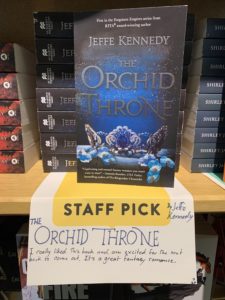 The first book in the trilogy, THE ORCHID THRONE, has been gaining traction with more and more people reading and recommending it. It was even a Staff Pick at Powell’s Books! Since I was planning to be in Los Angeles for SFWA’s Nebula Conference that week, I had planned for a release day party at The Ripped Bodice bookstore, then the mass autographing at the conference itself, then a jaunt for a signing at Mysterious Galaxy the following week – with maybe a little beach time in San Diego. I also have an event lined up at George RR Martin’s Jean Cocteau Cinema & Beastly Books on May 17 here in Santa Fe. Maybe those will still happen? We don’t know. But the Nebula Conference is definitely happening online.
The first book in the trilogy, THE ORCHID THRONE, has been gaining traction with more and more people reading and recommending it. It was even a Staff Pick at Powell’s Books! Since I was planning to be in Los Angeles for SFWA’s Nebula Conference that week, I had planned for a release day party at The Ripped Bodice bookstore, then the mass autographing at the conference itself, then a jaunt for a signing at Mysterious Galaxy the following week – with maybe a little beach time in San Diego. I also have an event lined up at George RR Martin’s Jean Cocteau Cinema & Beastly Books on May 17 here in Santa Fe. Maybe those will still happen? We don’t know. But the Nebula Conference is definitely happening online.
I had shiny visions of THE FIERY CROWN really taking off. And, really, that hasn’t changed. It’s just my parties that might not happen. I truly feel for all the authors with March book releases who had everything canceled – and I’ve seen a lot of the writing community online expressing sympathy in particular to the debut authors. This is because there’s the perception that you only get to be a debut author once. Which is kind of true, but it’s also like virginity – it really depends on how you define it, extenuating circumstances matter, and really, it’s not as big of a deal as people think.
The thing is, we – and by this I mean human beings – tend to think we have One Big Chance at something. As a newbie writer, I recall being crushed by rejections from agents or editors on occasions I’d become convinced were my One Big Chance. Opportunities arrived, I seized them to the best of my ability, and they went rushing past anyway. It was tempting to give up on those occasions. After all: I’d tried and failed.
I think some of this perception comes from the tired saying “Opportunity knocks only once.” If that’s not a lot of pressure, I don’t know what is. What if you’re in the bathroom when opportunity knocks? There it goes: your one opportunity ever. Might as well die now.
It’s patently ridiculous. And it turns out, is a proverb probably adapted from Phaedrus in A.D. 8, “One lost, Jupiter himself cannot bring back opportunity.” Who knows? Maybe they had fewer opportunities to go around in those days. The opportunity population hadn’t rebounded from being eaten by dinosaurs.
Regardless, there are tons of opportunities. They present themselves all the time. Some work out; some don’t. Some we deliberately bypass because the cost is higher than we’re willing to pay at that time. Sometimes there’s a global pandemic and we have to stay home.
But if I’ve learned anything in these years since my ears dried and I’ve written something like thirty more books since that first collection, it’s that there’s no solid trajectory to success. As with all things, my success as an author – and of each new work – waxes and wanes, and greatly depends on how I define it. (Much like virginity and being a debut.) For all of you feeling like you missed your One Big Chance: you didn’t. I promise. It was one opportunity (or several) in a lifetime of them. Often the most amazing incidences are the ones you don’t see coming and couldn’t possibly have predicted or planned for.
We won’t have to #stayhome forever, and when we emerge from our sparkling isolation, we’ll be ready to party. It will be as epic. 😉
